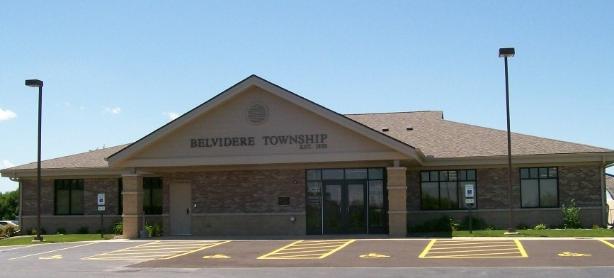Who is the assessor?
The Township Assessor is a local government official who estimates the value of real property within the boundaries of the township. This value is converted into an assessment, which is one component in the computation of the real property tax bills. The assessment is used to determine what portion of the total tax burden each property owner will bear.
What does the assessor do?
The assessor must discover, identify, value, and list all real property within his or her jurisdiction as of January 1st. Real property is defined as land and any permanent structures attached to it. Some examples of real property are houses, retail stores, apartment buildings, factories, vacant land, and natural resources such as oil and timber.
All property except farm buildings and farmland is assessed at 33.33% of market value by the assessor annually. Farm buildings are assessed based on their contribution to the farm. Farmland is assessed on the productivity of the soil as certified by the IDOR to the County Assessor.
The actual value of real property is determined by actions in the marketplace; the buying and selling of property by the public. The assessor has not created the value of your property. The assessor simply has the legal responsibility to study those transactions and appraise your property accordingly. Three years of sales are tracked by the assessor and the IDOR to produce sales ratios studies, which indicate the level of assessments in the township and county. If the level of assessments as certified by the assessors is above or below 33.33% of market value the Chief County Assessment Officer may apply township multipliers to adjust the value levels within the county. Establishing and maintaining equitable assessments is extremely important to ensure that the tax burden is distributed fairly among property owners.
What training does the assessor have to take?
All candidates for township or multi-township assessor must file a certificate of qualifications with their nomination papers under Section 2-45 of the Property Tax Code (35 ILCS 200/2-45). The requirements for township or multi-township assessors are generally based upon the equalized assessed value (EAV) of the assessment jurisdiction. The courses to achieve the requirements are offered by the Illinois Department of Revenue (IDOR) at no cost. The assessor must also meet the continuing education requirements mandated by the IDOR to maintain the Certified Illinois Assessment Officer designation.
What else does the assessor do?
The assessor is continually communicating with the public, answering questions, and dealing with concerns raised by property owners and also local government officials who have an interest in the annual EAV.
The Assessor’s office is a source of information utilized by realtors, appraisers, property investors, and tax payers. The township assessor maintains property record cards with past and current information about each parcel in their jurisdiction. The information includes a brief legal description, land size, dimensions of all the buildings and building types. The property record card also lists the sales history and any building permits that have been taken out. Property record cards are public information and are available for inspection during regular business hours. Taxpayers, realtors, appraisers and reporters are all entitled to view and copy the assessment records.
The assessor tracks and follows up on the building permits taken out at the City and County Building Departments and notifies property owners of eligibility of the Home Improvement Exemption. This is the only exemption that the assessor’s office determines eligibility for and calculates the amount. All other exemptions are filed at the county or state level.
